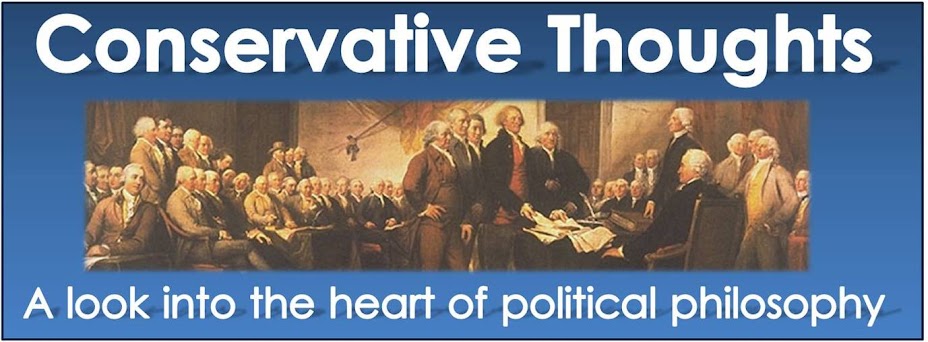
“It’s not that I want to punish your success. I just want to make sure that everybody who is behind you, that they’ve got a chance for success too. My attitude is that if the economy’s good for folks from the bottom up, it’s gonna be good for everybody … I think when you spread the wealth around, it’s good for everybody.” Barack Obama to Joe the plumber
Another argument that Obama and the liberals make is that trickle down economics doesn't work and that we need to employ trickle up poverty (I mean economics). That is, if we take from the rich and give to the poor, somehow the poor will end up boosting the economy more than the rich could. This is called the redistribution of wealth.
I argue that trickle down economics does work. The first problem with the redistribution of wealth is implied in the name itself. It doesn't create wealth, it simply "speads it around". It should be the goal of any economic policy to pomote economic growth. If we don't encourage growth, in the long run our economy will fail.
How is wealth created? Primarily through investments in technologies and firms and through the creation of jobs. So who is best equipped to create wealth? In order to create wealth, there must be enough disposible income to invest. The middle and lower class simply do not have the capital to create wealth, but the wealthy do. We need their disposible income to stimulate the economy, to invest in companies that will create jobs for the middle/lower classes and to promote the innovation of new technologies.
While the government can throw fish at people, only the wealthy can invest in the fishing polls, the lakes, and the training so that the rest of the population can have the opportunity to learn how to fish themselves. So why bite the hand that feeds us? Why punish them and tax them to oblivion? We need them.
If you think this is all theory and no reality, check this quote out and the
corresponding link:
"In 2005, per capita personal income grew 31% faster in the 15 most economically free states than it did in the 15 states at the bottom of the list. And employment growth was a staggering 216% higher in the most free states."
What do you think?




